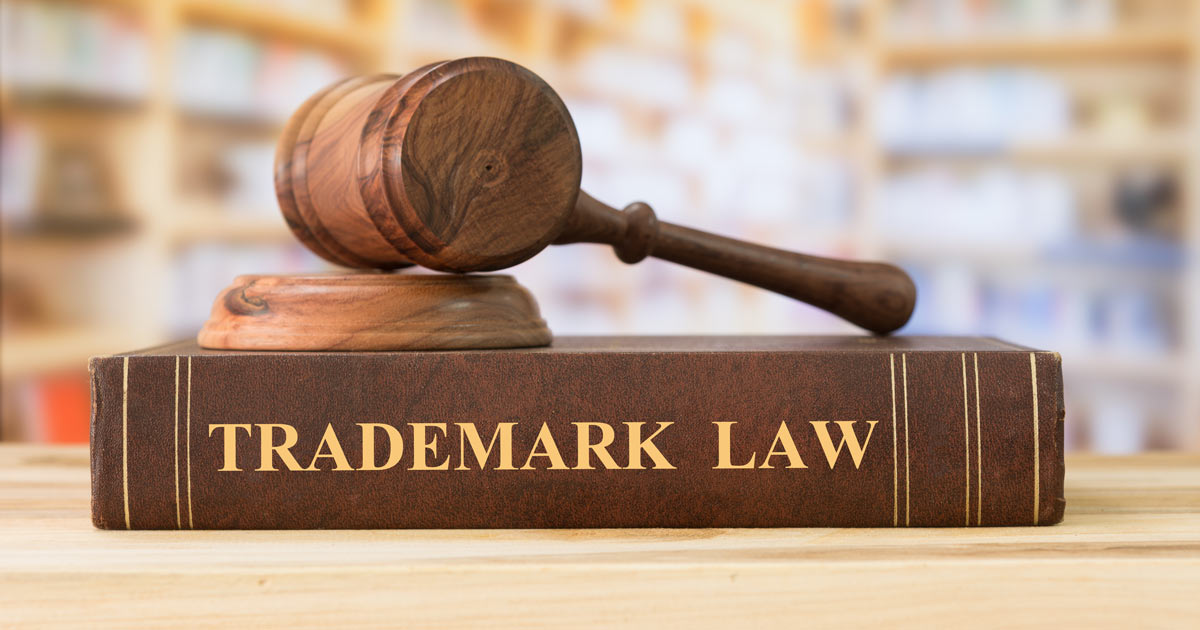DOL Withdraws Guidance On When An Employer Must Pay Employee for Covid Testing or Vaccinations
On January 20, 2022 the DOL released Fact Sheet #84 containing guidance for employers faced with the issue of whether or not it should pay employees for their time spent obtaining COVID-19 tests and vaccinations. On January 24, 2022, without explanation, the DOL removed Fact Sheet #84 from its website. While it is still unclear why it was removed (likely related to OSHA rescinding its ETS requiring mandatory vaccination/testing policies), Fact Sheet #84 provided insight into an ongoing legal question facing businesses – when do I need to pay for the time my employees spend getting tested or vaccinated?
In 2021 the DOL answered several FAQs related to the Fair Labor Standards Act (“FLSA”) and COVID-19. Under the DOLs FAQs, time spent by an employee “waiting for and receiving medical attention at [an employer’s] direction or on [an employer’s] premises during normal working hours” was compensable. The more complicated issue was whether time spent getting tested on a day off and off-site was compensable. In typical DOL fashion, the answer was “it depends.” The DOL opined that the key inquiry, which is consistent with FLSA precedent, was whether the time spent receiving a test was “necessary for [an employee] to perform their jobs safely and effectively during the pandemic”. The FAQs provide an example in which the time spent by a store cashier getting tested on her day off is likely compensable because significant interaction with the general public is “integral and indispensable” to the cashier’s job.
The now-removed Fact Sheet #84 provided further clarification. Activities that occur during normal working hours are generally compensable, subject to certain limited exceptions. Accordingly, employers must pay for an employee’s time during the normal workday getting (1) tested; (2) vaccinated; or (3) screened for COVID-19 related symptoms.
For activities outside the normal working day, Fact Sheet #84 suggested that time spent getting vaccinated, even if outside the normal working day, is “integral and indispensable” to an employee’s job because it is the most effective “control available to protect employees from becoming seriously ill and dying due to occupational exposures to COVID-19.” This conclusion relied on the now rescinded OSHA vaccine/testing mandate. As a result, under Fact Sheet #84, time spent getting vaccinated was compensable even if the vaccination occurred outside normal working hours if it is as a condition of employment.
For time an employee spends getting tested, the DOL broke it down into two separate groups. First, if an employee is unable to be vaccinated due to a protected reason (e.g., medical or religious) and the employer requires such employee to be tested in lieu of vaccination, time getting tested is compensable because it is “integral and indispensable to the employee’s work and therefore compensable … given that vaccination is not a viable option for such employees.”
However, for employees that are able to receive the COVID-19 vaccine, but voluntarily decline to do so, getting tested is no longer “integral and indispensable” because the employee is voluntarily choosing a less effective tool (e.g., getting vaccinated) to be safe at work. Accordingly, under Fact Sheet #84, employee’s that chose not to be vaccinated, and the choice was not based upon religious or medical reasons, were not entitled to be paid for time spent getting tested, even if required by the employer.
Given that Fact Sheet #84 was removed from the DOL’s website, it is not currently the official “guidance” from the DOL. However, its interpretation and examples are helpful in considering the DOL’s FAQs on compensability and should be considered when employers review these issues in the workplace. These guidelines do not have the force and effect of law and apply only to the FLSA. Employers must consider state and local ordinances that may impose additional or different obligations on an employer to pay for time getting tested or vaccinated. For assistance in reviewing compensability issues reach out to Walker R. Lawrence, a partner in Levin Ginsburg’s employment law practice group.



